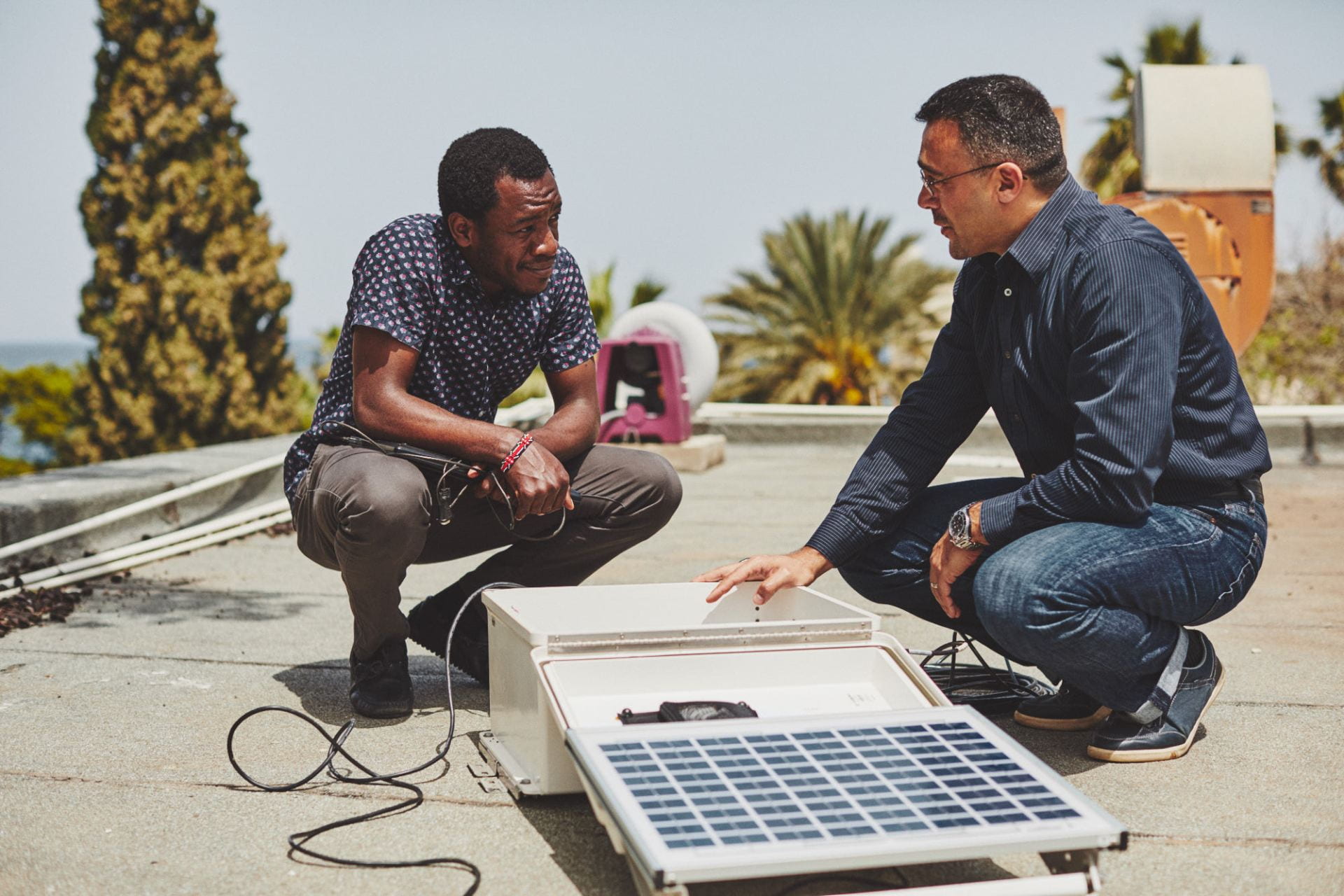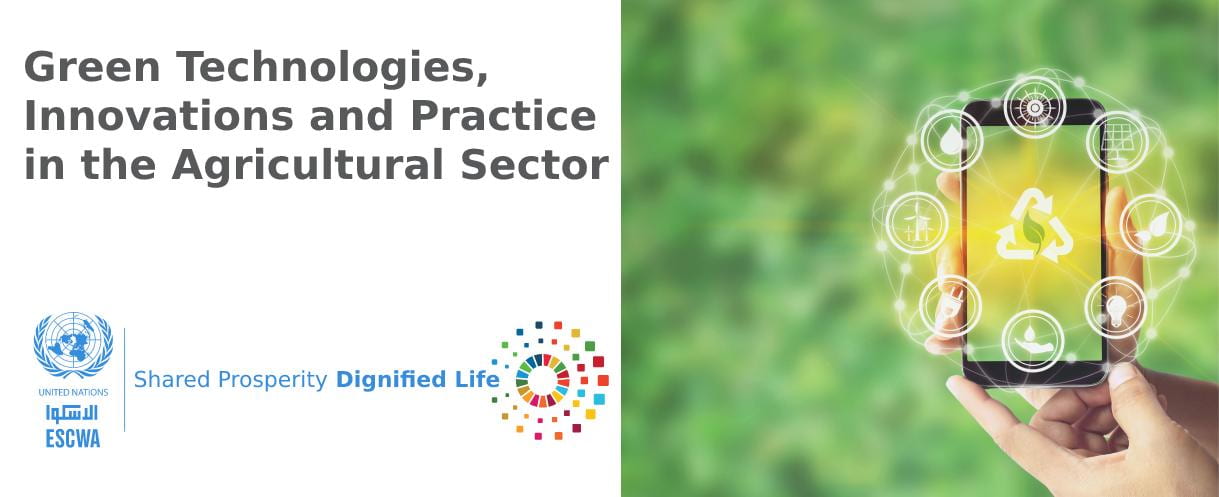SIML
Smart Irrigation with Remote Sensing & Machine Learning
Project Brief
Smart Irrigation with Remote Sensing and Machine Learning (SIML) is a $1 million Google-funded project lead by Dr. Jaafar from the Department of Agriculture.
The project aims at developing an ML-based smart irrigation application for farmers in the MENA region. A team from several faculties at AUB are working together to apply machine learning and digital solutions to weather and agricultural data feed into the application. Dr. Fatima Abu-Salem from the Department of Computer Science at the Faculty of Arts and Sciences is leading the ML part of the project, Dr. Samer Kharroubi from the Department of Nutrition is working on statistical models, and Dr. Mazen Saghir from the Maroun Semaan Faculty of Engineering is leading the IOT component. Dr. Jaafar is working on the evapotranspiration model, the app development, and the overall integration of the project components.
Donor
› Google.org
› Tides Foundation
Date
2019-2022
Focus
Machine Learning, Smart Irrigation

Get in Touch
hj01@aub.edu.lb +961 1 350000/Ext. 4570
Project Lead
The project is led by the Principal Investigator, Dr. Hadi Jaafar, an Associate Professor of Irrigation Engineering and Water Management.
Dr. Jaafar specializes in water resources and GIS and remote sensing applications in smart irrigation and food security. His research work appears in journals like Nature’s Scientific Data, Remote Sensing of the Environment, Journal of Hydrology, Agricultural Water Management, Food Policy, among many others.
our donors
RELATED PROJECTS
TALANOWA-WATER
This project plans to develop, test, and demonstrate the institutional and technical feasibility of a variety of adaption strategies to address water scarcity under climate change.
MuSLI
This project aims to prototype methods for routine production of high spatiotemporal resolution evapotranspiration (ET), vegetation index (VI) and derived phenology and yield products using a multi-sensor data fusion approach.






